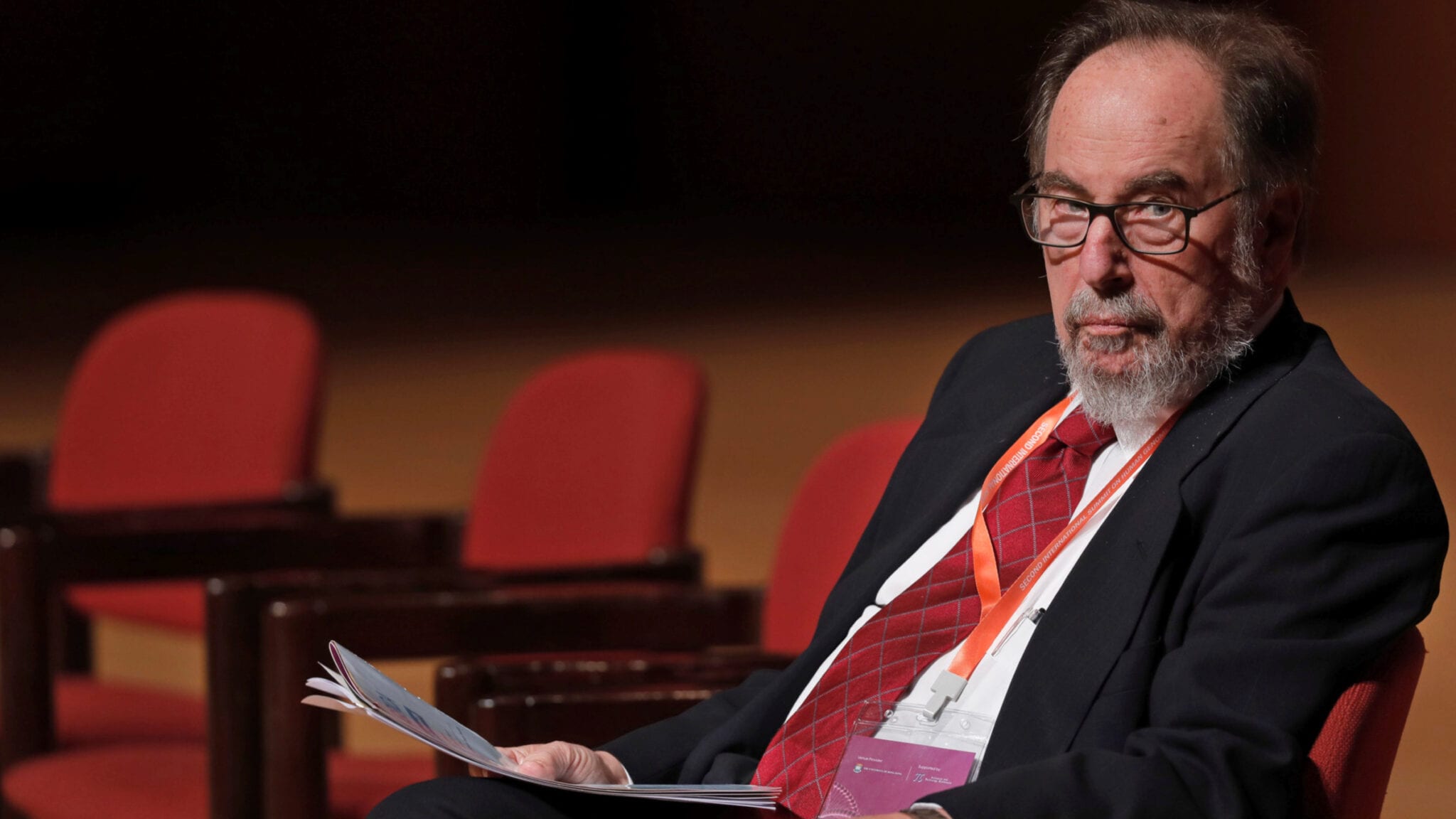
David Baltimore (Vincent Yu/AP Images)
Nobel laureate David Baltimore throws his weight behind I/O startup looking to craft off-the-shelf CAR therapies
In the insular world of biotech, names matter — and no names shine brighter than those luminaries with a Nobel Prize on their record. Now, a …
Sign up to read this article for free.
Get free access to a limited number of articles, plus choose newsletters to get straight to your inbox.